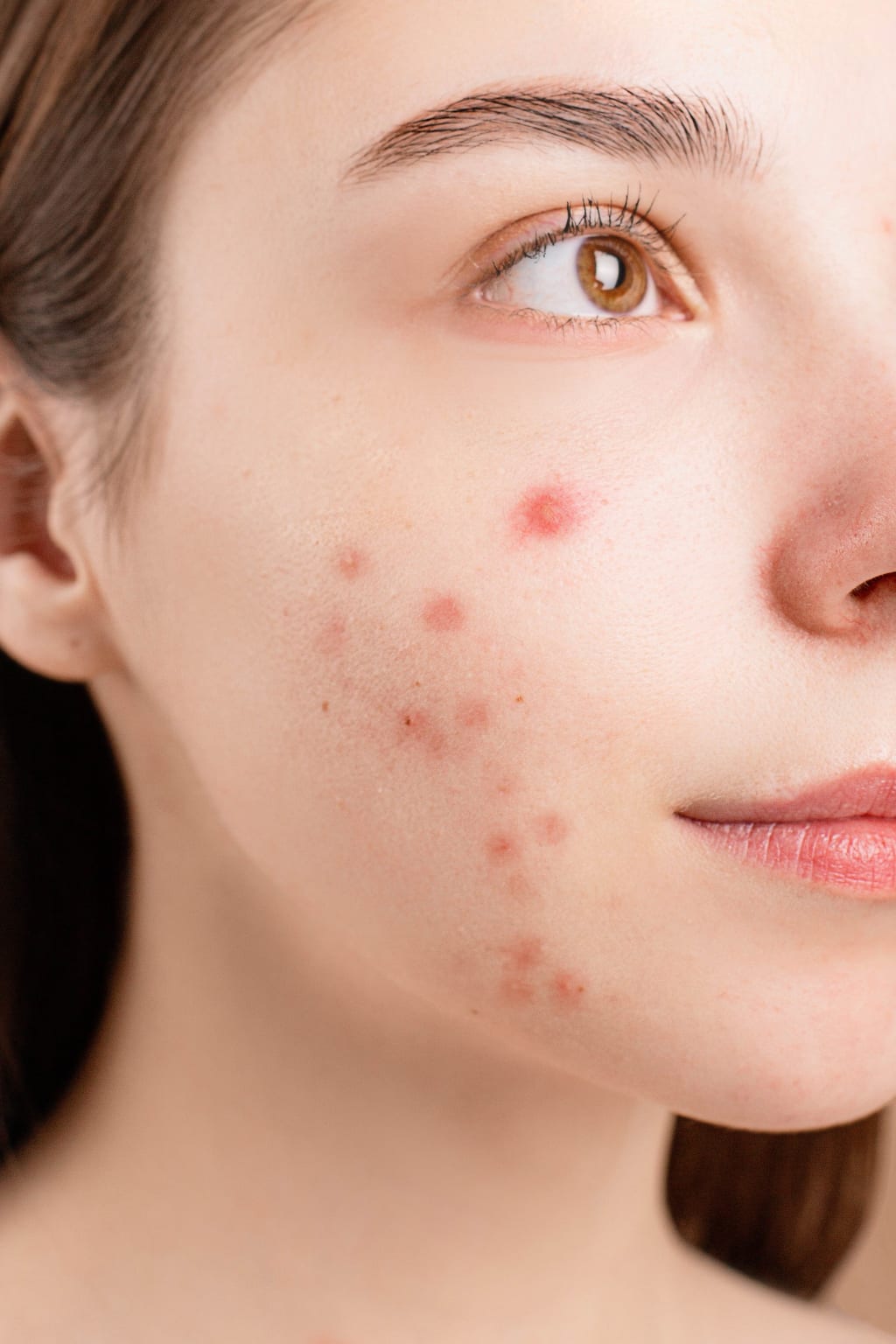What is the future of anti-aging skincare?
Acne Care

The field of anti-aging skincare is constantly evolving, with new research and technologies emerging all the time. Here are some potential directions for the future of anti-aging skincare:
01.Personalized skincare: Advances in genetic testing and other personalized medicine technologies may lead to customized anti-aging skincare treatments that are tailored to an individual's specific needs and genetic makeup.
02.Innovative ingredients: The development of new, innovative ingredients, such as plant stem cells, peptides, and growth factors, may lead to more effective anti-aging treatments.
03.Wearable technology: Wearable devices such as smart watches and skin sensors could help people monitor their skin health and receive personalized recommendations for anti-aging skincare.
04.Non-invasive procedures: Non-invasive procedures such as radiofrequency and laser treatments may continue to advance, offering effective anti-aging solutions without the need for invasive surgeries.
05.Sustainable and ethical products: There may be a growing demand for sustainable and ethically produced skincare products, as consumers become more conscious of their environmental and social impact.
Overall, the future of anti-aging skincare is likely to involve a combination of personalized, innovative, and sustainable approaches, as well as the incorporation of technology to help people monitor and manage their skin health.
What issues do you feel like are not being addressed or could be improved upon when it comes to current skincare products?
There are several issues that could be improved upon in current skincare products:
Lack of diversity: Many skincare brands still cater primarily to people with light skin, leaving those with darker skin tones with fewer options and potentially harmful side effects from using products that are not formulated for their skin type.
Misleading marketing: The skincare industry is known for making exaggerated claims and using vague language that can be misleading for consumers. This can make it difficult for people to choose products that are truly effective for their needs.
Environmental impact: Many skincare products contain ingredients that are harmful to the environment, and the excessive packaging used for many products contributes to waste and pollution.
Inconsistent regulation: Skincare products are not as heavily regulated as other consumer products, which can lead to confusion and potential harm for consumers.
High cost: Skincare products can be expensive, making them inaccessible to people on a tight budget.
Overall, there is a need for greater transparency, diversity, and sustainability in the skincare industry. Consumers should be able to make informed decisions about the products they use, and companies should strive to make effective skincare accessible to everyone, regardless of their skin type or income level.
However, one innovative anti-aging solution that has been proposed by some researchers is the use of nanotechnology to deliver anti-aging ingredients more effectively to the skin. This involves encapsulating anti-aging ingredients in tiny nanoparticles that can penetrate the skin more deeply and deliver the ingredients where they are needed most.
One potential application of this technology could be in the development of personalized skincare products that are tailored to an individual's specific skin type and concerns. Using data from genetic testing and other personalized medicine technologies, skincare companies could create customized formulations that target an individual's unique aging concerns.
In addition, the use of nanotechnology in skincare products could also help address some of the environmental concerns associated with current skincare products. By encapsulating ingredients in nanoparticles, it may be possible to reduce the amount of waste and pollution generated by skincare products.
Of course, like any new technology, the use of nanotechnology in skincare products would need to be carefully studied to ensure its safety and effectiveness. But it is an exciting area of research with the potential to revolutionize the way we approach anti-aging skincare in the future.
Acne
Acne is a common skin condition that occurs when hair follicles become clogged with oil and dead skin cells. This can result in pimples, blackheads, whiteheads, and other types of blemishes. Acne can be caused by a variety of factors, including hormones, genetics, stress, and certain medications.
There are several strategies that can be effective in treating and preventing acne, including:
Cleansing: Regularly washing the face with a gentle cleanser can help remove excess oil and dirt that can clog pores and lead to acne.
Topical treatments: Over-the-counter topical treatments containing benzoyl peroxide, salicylic acid, or retinoids can be effective in treating acne. Prescription topical treatments and antibiotics may also be recommended for more severe cases.
Lifestyle changes: Making certain lifestyle changes, such as reducing stress, getting enough sleep, and avoiding certain foods, may help reduce the occurrence of acne.
Professional treatments: In-office treatments such as chemical peels, laser therapy, and light therapy may be recommended for more severe or persistent acne.
It is important to note that everyone's skin is different, and what works for one person may not work for another. If you are struggling with acne, it may be helpful to consult with a dermatologist who can provide personalized recommendations for your specific skin type and concerns.
About the Creator
HEALTHY SPACE FOR YOUR LIFE
Everyone should live a healthy life. I will give the necessary guidance and information's to bring a healthy life to everyone born till death.
Enjoyed the story? Support the Creator.
Subscribe for free to receive all their stories in your feed. You could also pledge your support or give them a one-off tip, letting them know you appreciate their work.






Comments
There are no comments for this story
Be the first to respond and start the conversation.